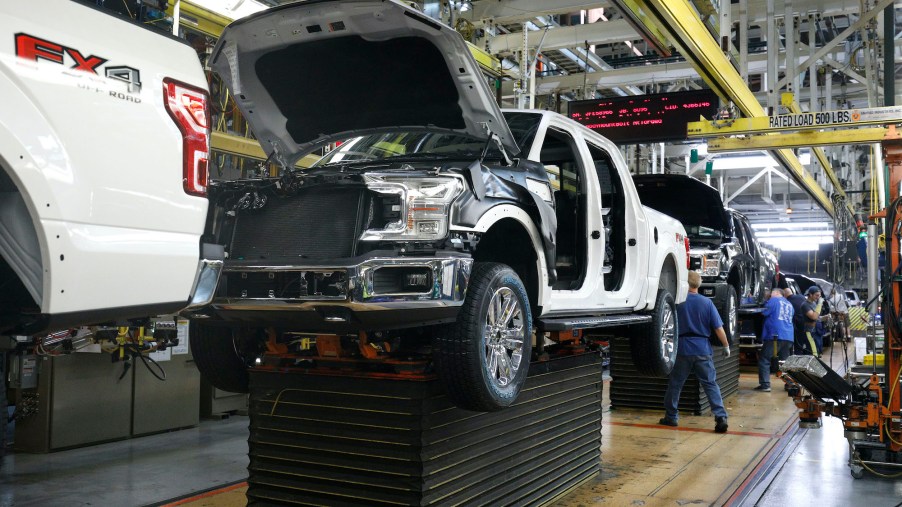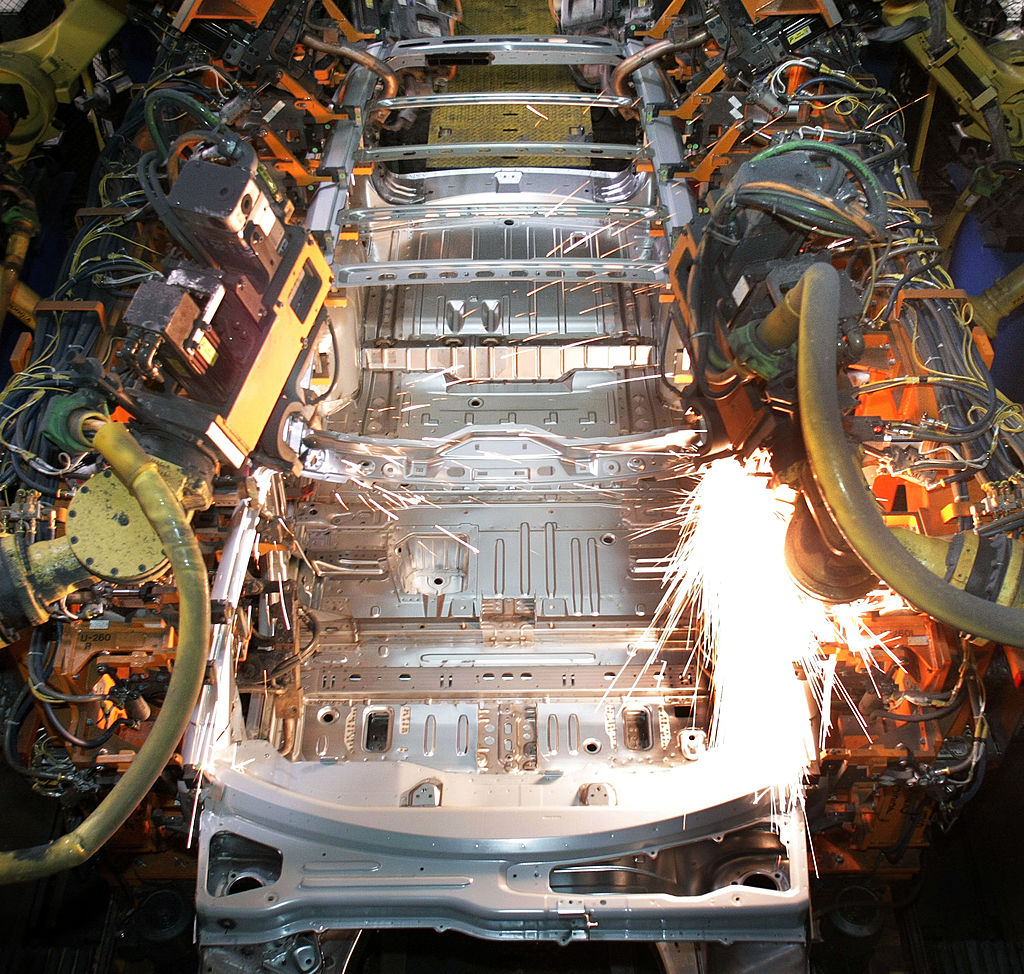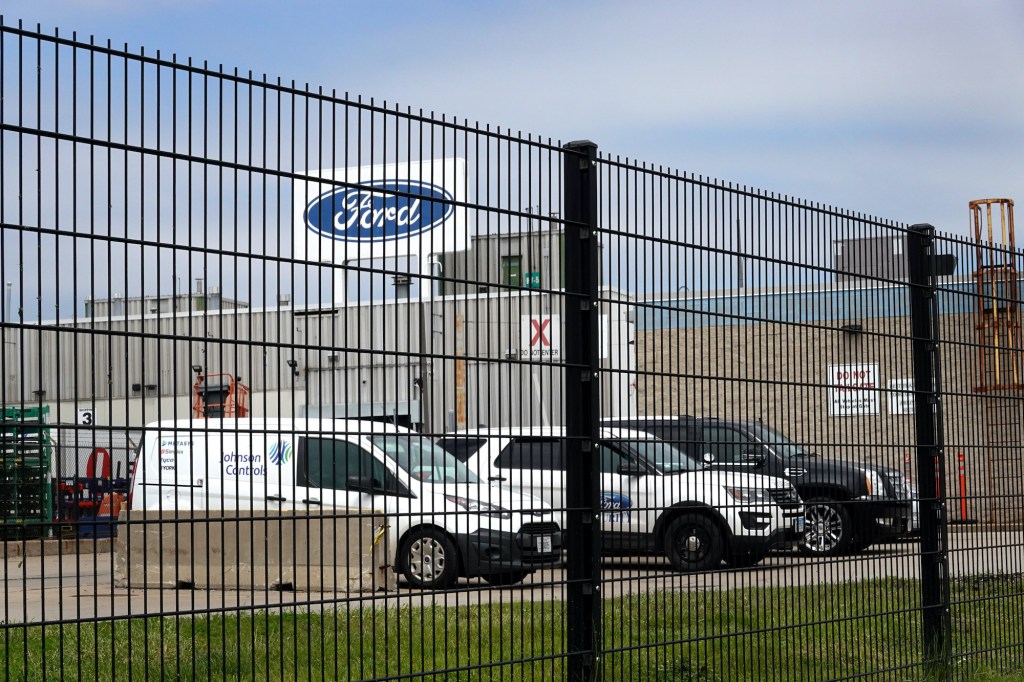
Production Has Stopped On Dodge Charger, Challenger
Production has stopped on Dodge Chargers and Challengers due to a semiconductor shortage. And Dodge isn’t the only one having to halt production. The halting of car production has affected many auto manufacturers worldwide.
The reason that manufacturers are running out of computer chips and semiconductors is because of the demand for electronics faster than computer chips could be made. Car sales ramped up much sooner than predicted due to the coronavirus. At the same time demand for laptops increased as people sheltered in place for the most part.
Suppliers ordered fewer computer chips in some cases because vehicle demand slowed down when the pandemic hit. But demand has rapidly shot up according to Marketplace. Now, you’ve got places like Manhattan, that relied mainly on public transportation, seeing a shift to personal transportation to insulate exposure to COVID-19. That is just one example of unexpected regional auto sales increases. Public transportation in all areas of the US has seen drastic reductions. That has shot up car sales.
The same microchips used for cars are needed for consumer electronics

The same microchips used for cars are also needed for computer games, phones, and laptops. But consumer electronics are vastly larger customers than car companies. So with the shortage has come a preference to satisfy larger chip customers. Consumer electronics makers are seeing a smoother supply than carmakers.
One of the largest chip manufacturers is TSMC in Taiwan. Their consumer electronics chip demand has not slowed down. But only so many chips can be made. Eventually, things will get back into sync and the semiconductor suppliers will be able to catch up with auto manufacturer’s demand.
The Brampton, Ontario, assembly plant makes not only Dodge Chargers and Challengers but also the Chrysler 300. They all share a common platform. But even the Jeep Compass plant in Toluca, Mexico, has had to shut down for a few weeks due to the chip shortage. And that’s not all.
Ford’s Louisville, Kentucky, assembly plant is shut down

Ford’s Louisville, Kentucky, assembly plant is currently shut down. Both the Ford Escape and Lincoln Corsair are built there. This was a desire to shift chip demands from the slower-selling Escape and Corsair to keep Ford’s F-150 pickups rolling out, which are seeing strong demand. So Ford can afford to stop Escape and Corsair production for a short time. Still, it takes a lot of time, energy, and expense to shut down a line and then restart it later.
Anticipating shortages, Toyota has slowed down Tundra production. Honda has done the same with its Fit production and Nissan its Note compacts. There are other manufacturers reporting they may have to do the same. Interestingly, GM so far has not had a problem with chip supplies.



